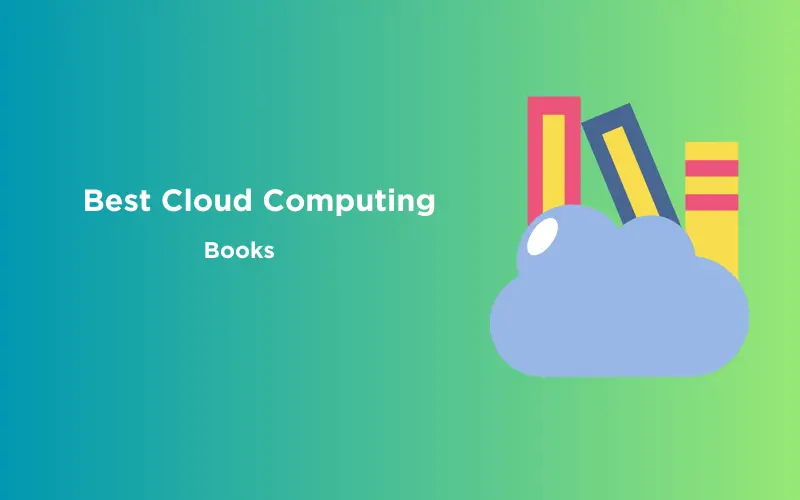
Best Cloud Computing Books That You Shouldn’t Miss in 2025
Mar 26, 2025 4 Min Read 4539 Views
(Last Updated)
No matter how much technology evolves or how digital the world gets, reading books can never get out of practice and still, it is one of the efficient ways to learn a subject. In a similar manner, one of the on-demand fields in today’s world is cloud computing, and learning it through cloud computing books is very rewarding.
A lot of books are out there and it can be pretty confusing to choose the correct one that can be beneficial for you. As cloud computing is a vast field and there are a lot of topics to cover, a lot of books on various specific topics have been recommended in this article instead of focusing generally on cloud computing.
The cloud computing books that are suggested in this article are best in class and can not only help you understand the subject better but will help you to upskill yourself and improve your skillset as well as knowledge level.
Without further ado, let’s dive into the article and understand more about the cloud computing books that are available in the market.
Table of contents
- Why Learn Cloud Computing Through Books?
- Best Cloud Computing Books
- "AWS Certified Solutions Architect Study Guide" by Ben Piper and David Clinton
- "Google Cloud Certified - Professional Cloud Architect" by Dan Sullivan
- "Cloud Computing: Concepts, Technology & Architecture" by Thomas Erl, Ricardo Puttini, and Zaigham Mahmood
- "Cloud Native DevOps with Kubernetes" by John Arundel and Justin Domingus
- "Cloud Computing: From Beginning to End" by Ray J. Rafaels
- "Cloud Security and Privacy" by Tim Mather, Subra Kumaraswamy, and Shahed Latif.
- "Cloud Computing for Dummies" by Judith S. Hurwitz, Robin Bloor, Marcia Kaufman, and Fern Halper
- Conclusion
- FAQ
- What are the primary benefits of cloud computing?
- What skills are essential for a career in cloud computing?
- Do I need to be a programmer to work in cloud computing?
- What certifications should I pursue for a career in cloud computing?
- What are some common job roles in cloud computing?
Why Learn Cloud Computing Through Books?
Cloud computing books not only educate you but also give you information about the right set of skills needed to excel in the field. There are several advantages of reading cloud computing books:
- Books provide a structured and in-depth approach to the subject. They are typically well-organized, starting with the basics and progressing to more advanced topics, which makes it easier for learners to build a solid foundation.
- Books allow for self-paced learning. You can read and revisit chapters at your own speed, absorbing the material at a rate that suits you. This flexibility is especially valuable for those who may have busy schedules or prefer independent learning.
- Books are a great reference. They serve as handy resources you can return to whenever you need to refresh your knowledge or look up specific information. Plus, books often provide real-world examples, case studies, and practical exercises, which can enhance your understanding and help you apply your knowledge effectively.
In short, cloud computing books are a reliable, comprehensive, and self-paced means to learn in and out about cloud computing by providing tips, and making it accessible to a wide range of learners.
Before we move to the next part, get deep understanding of cloud computing concepts. You can consider enrolling yourself in GUVI’s Cloud Computing Course, which lets you gain practical experience by developing real-world projects and covers technologies including Azure Command-Line Interface (CLI), Azure Monitor, Azure Resource Manager (ARM) Templates, and tools like Visual Studio Code, among many others.
Best Cloud Computing Books

Reading cloud computing books is a great way to enhance your skills and stay competitive in the technology industry. There are many excellent books available that can help you get started or advance your knowledge in this field.
Here are some of the best cloud computing books:
1. “AWS Certified Solutions Architect Study Guide” by Ben Piper and David Clinton
The first in line for the best cloud computing books is “AWS Certified Solutions Architect Study Guide” by Ben Piper and David Clinton. This is a highly regarded resource for individuals seeking to achieve the AWS Certified Solutions Architect certification, one of the most prestigious certifications in the field of cloud computing.
The book covers a wide range of topics, including cloud computing fundamentals, AWS services like EC2, S3, RDS, and VPC, and architectural design principles. It also offers hands-on exercises, practice questions, and real-world scenarios to help readers apply their knowledge in practical situations.
2. “Google Cloud Certified – Professional Cloud Architect” by Dan Sullivan
The book “Google Cloud Certified – Professional Cloud Architect” by Dan Sullivan is an important book in the list of cloud computing books. It is an essential resource for individuals aspiring to become a Google Cloud Professional Cloud Architect.
Sullivan’s book provides a comprehensive guide to the topics covered in the certification exam. It explores key GCP services, architectural best practices, and real-world scenarios. Readers can expect to gain a deep understanding of cloud architecture principles, Google Cloud products, and how to design highly available and scalable solutions on the platform.
3. “Cloud Computing: Concepts, Technology & Architecture” by Thomas Erl, Ricardo Puttini, and Zaigham Mahmood
“Cloud Computing: Concepts, Technology & Architecture” by Thomas Erl, Ricardo Puttini, and Zaigham Mahmood is an extensive guide that offers a deep and well-structured exploration of cloud computing.
This book in the list of cloud computing books is an invaluable resource for individuals who want to gain a solid understanding of the fundamental concepts, technologies, and architectural aspects of cloud computing.
The book is divided into several sections, each focusing on different aspects of cloud computing. It begins with an introduction to the basics of cloud computing, including its history and evolution. From there, it dives deep into the various service models (IaaS, PaaS, and SaaS) and deployment models (public, private, and hybrid clouds).
4. “Cloud Native DevOps with Kubernetes” by John Arundel and Justin Domingus
“Cloud Native DevOps with Kubernetes” by John Arundel and Justin Domingus is a must-read book in this list of cloud computing books. This book is for anyone looking to understand the intersection of DevOps and Kubernetes in the world of cloud-native application development.
This book serves as a guide to mastering the practices and essential tools for deploying, managing, and scaling containerized applications on Kubernetes, all within the context of a DevOps culture.
5. “Cloud Computing: From Beginning to End” by Ray J. Rafaels
“Cloud Computing: From Beginning to End” by Ray J. Rafaels is a book that serves as an excellent starting point for anyone interested in understanding cloud computing from the ground up. It’s particularly valuable for those who are new to the concept and want to grasp the fundamentals and evolution of cloud technology.
The book begins by providing a clear and concise introduction to cloud computing and explaining the core concepts in an accessible manner. Rafaels covers essential topics like the history of cloud computing, its basic principles, and the advantages it offers to businesses and individuals.
6. “Cloud Security and Privacy” by Tim Mather, Subra Kumaraswamy, and Shahed Latif.
“Cloud Security and Privacy” by Tim Mather, Subra Kumaraswamy, and Shahed Latif is an essential book in the list of cloud computing books that deeply delves into the critical aspects of security and privacy in cloud computing.
The authors begin by explaining the core principles of cloud computing and the various service models, deployment models, and security issues associated with each. They cover topics like identity and access management, data encryption, compliance requirements, and risk management.
One of the strengths of this book is its practical approach. It offers insights into real-world cloud security practices, case studies, and recommendations for securing cloud-based applications and data. This is particularly valuable for professionals responsible for managing cloud security.
7. “Cloud Computing for Dummies” by Judith S. Hurwitz, Robin Bloor, Marcia Kaufman, and Fern Halper
“Cloud Computing for Dummies” by Judith S. Hurwitz, Robin Bloor, Marcia Kaufman, and Fern Halper is an excellent introductory guide to cloud computing for both beginners and those looking to expand their knowledge. The “For Dummies” series is known for its accessibility and user-friendly approach, and this book is no exception.
The authors start by demystifying cloud computing, explaining the fundamental concepts, terminology, and underlying technology. They cover the three primary service models (IaaS, PaaS, and SaaS) and the various deployment models (public, private, hybrid), making it easy for readers to understand the cloud landscape.
Remember that cloud computing is a fast-paced field, so staying updated with blogs, documentation, and learning cloud computing course is essential in addition to reading books. Your choice of books should also align with your specific cloud platform and interests, such as AWS, Azure, Google Cloud, or others.
Conclusion
In conclusion, the right books serve as trusted guides, shedding light on the complex world of cloud technologies and practices. From understanding the core concepts to mastering the intricacies of platforms like AWS, Azure, and Google Cloud, these books will be your faithful companions.
Whether you’re an aspiring cloud architect or a seasoned IT professional, the knowledge that you can gain from these pages will empower you to utilize the immense potential of cloud computing, transforming the way we work, innovate, and connect in our digital age.
So, as you explore these texts, remember that the cloud is more than just technology; it’s a gateway to limitless possibilities, and these books are your keys to unlocking its secrets.
Kickstart your career by enrolling in GUVI’s Cloud Computing Course with Microsoft Azure where you will master technologies like Matplotlib, Pandas, SQL, NLP, Deep Learning, and build interesting real-life cloud computing projects.
FAQ
Cloud computing offers scalability, cost-efficiency, flexibility, and accessibility to a wide range of services and resources.
Key skills include cloud platform expertise (AWS, Azure, GCP), programming, networking, security, automation, and DevOps practices.
While programming skills are valuable, they’re not always mandatory. It depends on your specific role within cloud computing.
Certifications like AWS Certified Solutions Architect, Microsoft Certified: Azure Administrator and Google Cloud Professional Cloud Architect can enhance your career prospects.
Job roles include Cloud Architect, Cloud Engineer, DevOps Engineer, Cloud Security Specialist, and Cloud Developer, among others.

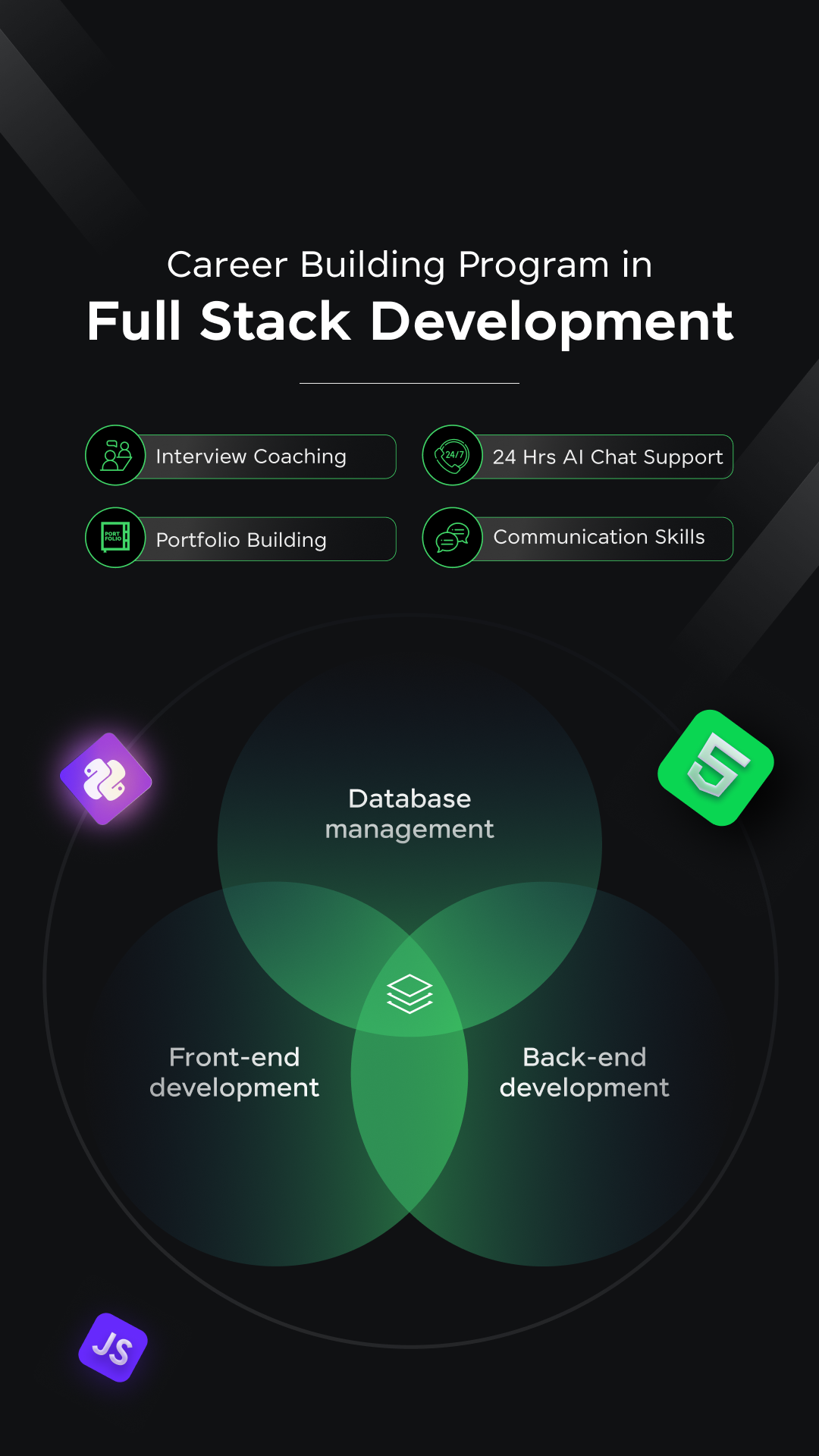

















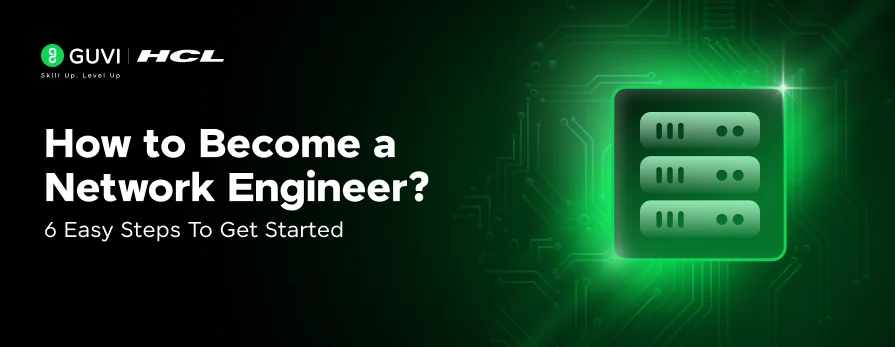
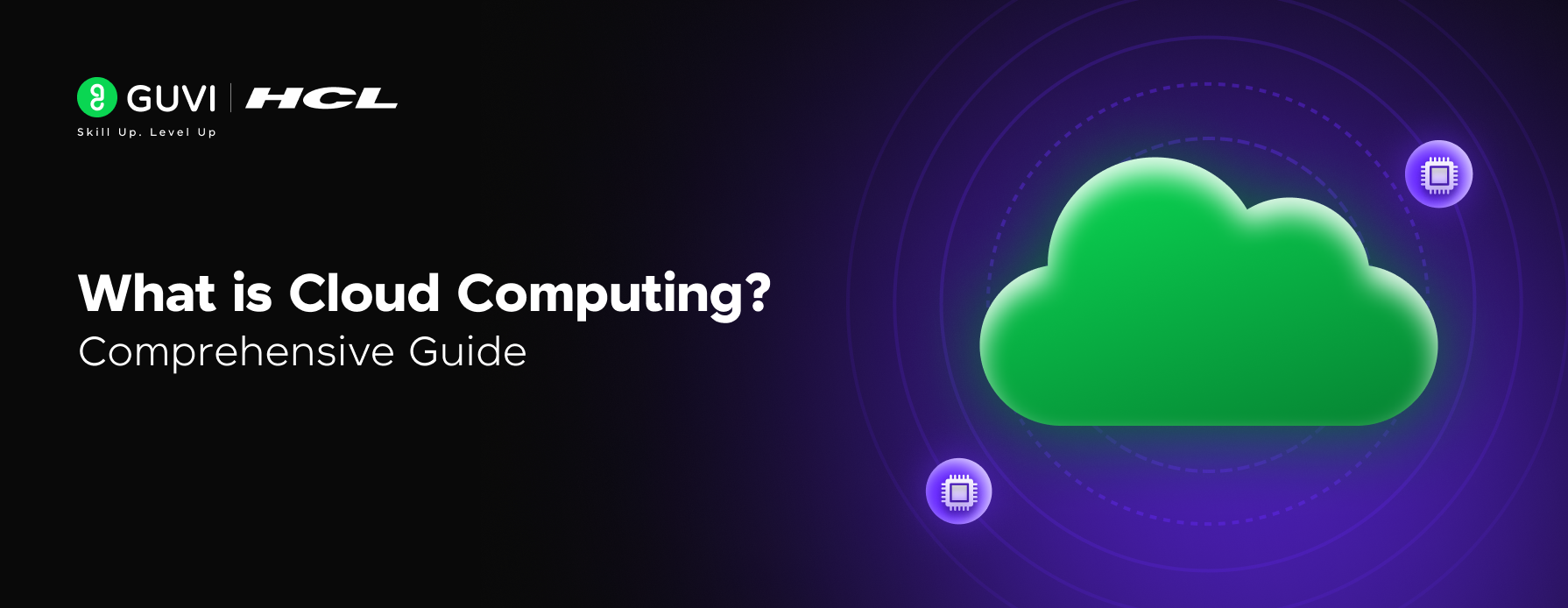
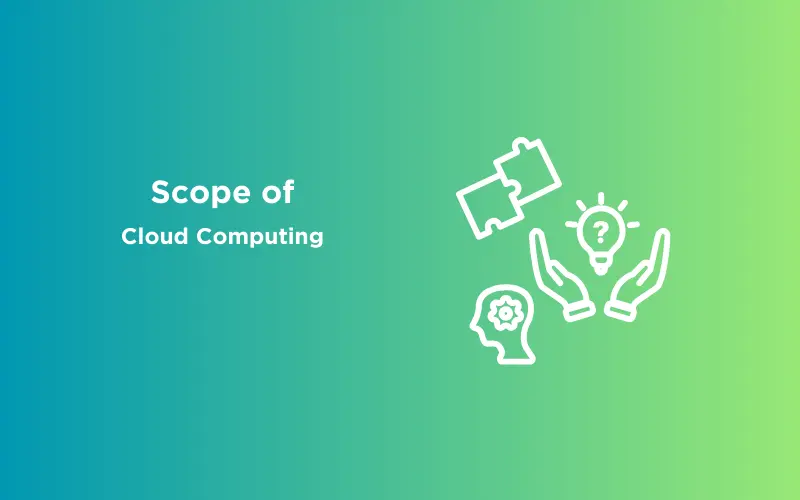
![10 Best AWS Cloud Computing Courses [Free+Paid] 7 AWS Cloud Computing Courses](https://www.guvi.in/blog/wp-content/uploads/2025/07/AWS-Cloud-Computing-Courses.webp)
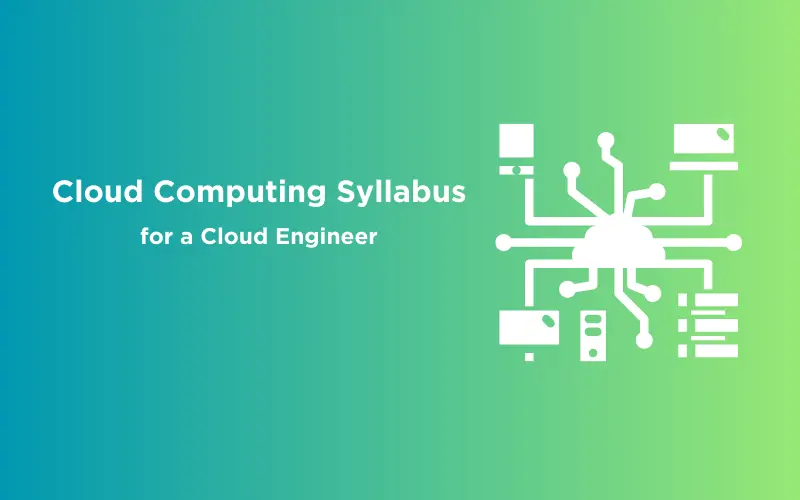

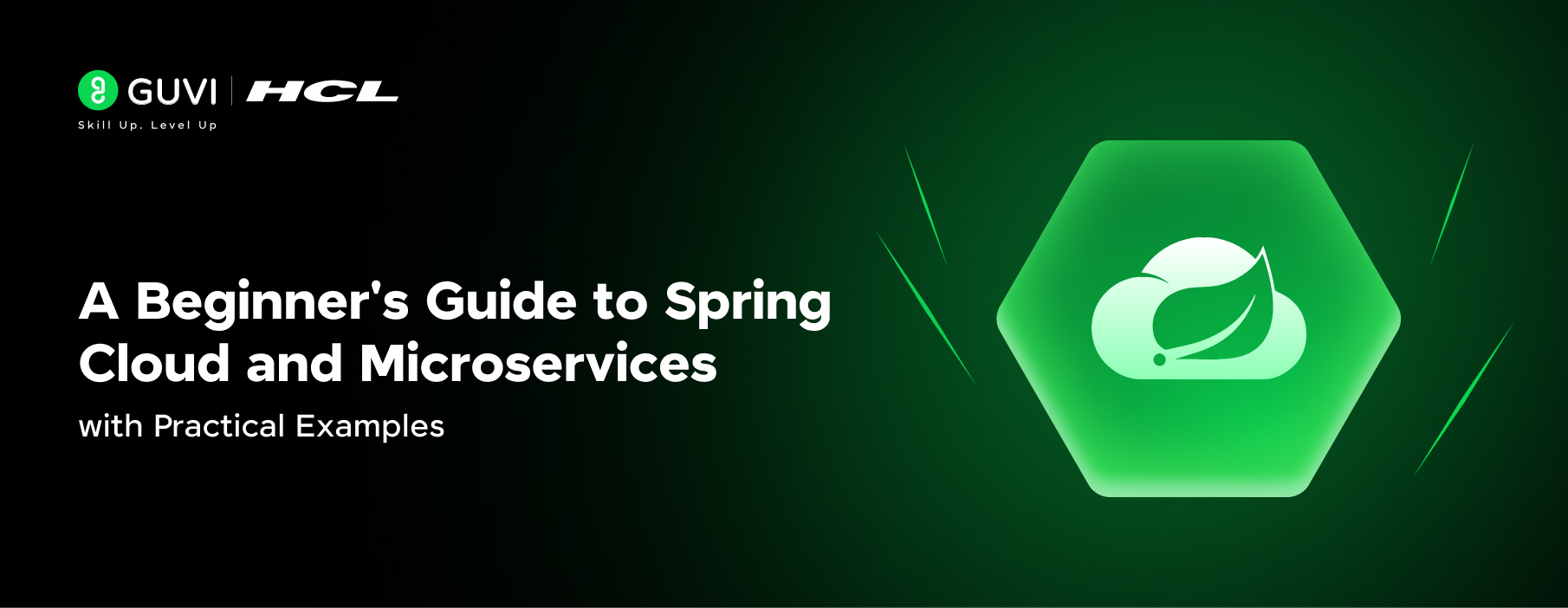
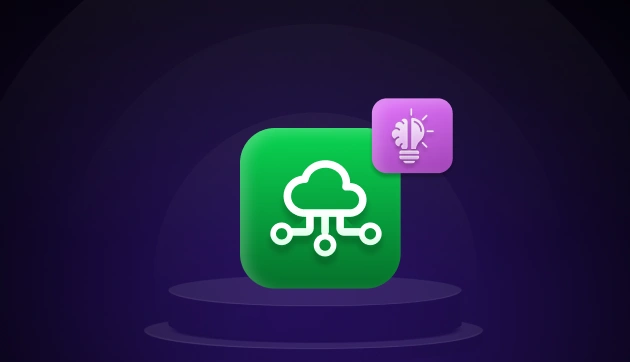

Did you enjoy this article?